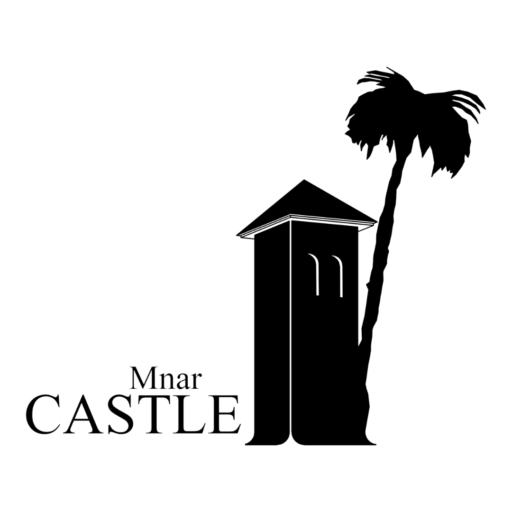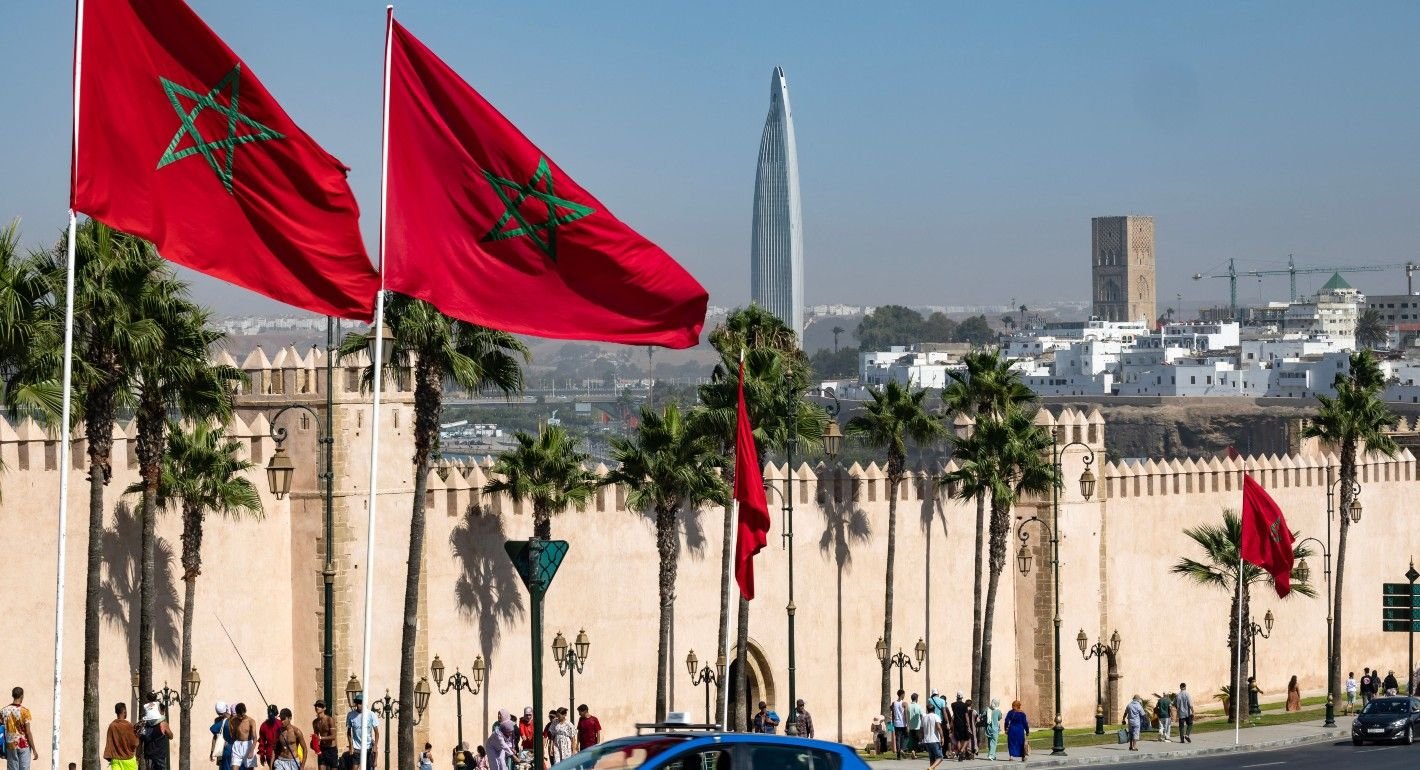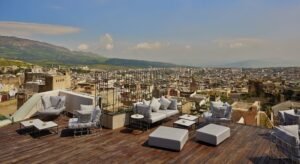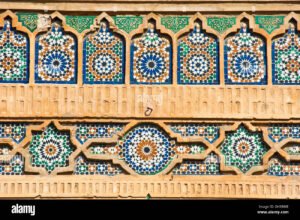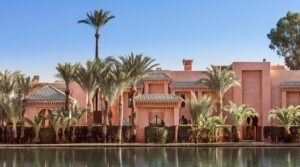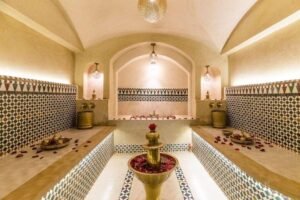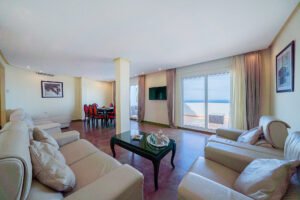Why Language Matters in Morocco
Morocco Language Guide: Essential Phrases for Tourists and Cultural Insights Morocco is a land of contrasts, where ancient traditions blend seamlessly with modern influences. From the maze-like streets of Marrakech’s medina to the vast dunes of the Sahara, language plays a crucial role in shaping every interaction. While many Moroccans speak multiple languages, knowing a few key phrases in Moroccan Arabic (Darija) or Tamazight (Berber) can significantly enhance your travel experience. A simple greeting in the local language can lead to warm conversations, better deals in souks, and a deeper connection with the people. Whether you're navigating a bustling marketplace, dining in a traditional riad, or exploring remote mountain villages, understanding the linguistic landscape will help you move through Morocco with confidence. This guide provides essential phrases, cultural insights, and practical language tips to ensure a smooth and authentic journey. Want priority assistance? Message us on WhatsApp, and we’ll help you right away!1. Morocco Language Guide: What Languages Are Spoken in Morocco?
Morocco has a diverse linguistic landscape shaped by its history and geography. The country's two official languages are Arabic and Tamazight (Berber), but French, Spanish, and English are also widely spoken in different regions.Main Morocco Language: A Guide to Linguistic Diversity:
- Moroccan Arabic (Darija): The most commonly spoken language, used in everyday conversation. It differs from Standard Arabic and has influences from Berber, French, and Spanish.
- Tamazight (Berber): Spoken by Morocco’s indigenous Amazigh communities, mainly in the Atlas Mountains and rural areas.
- French: A legacy of colonial rule, French is widely used in business, government, and upscale establishments. Many road signs, menus, and official documents are in French.
- Spanish: Common in northern cities like Tangier and Tetouan due to historical ties with Spain.
- English: Gaining popularity, especially among younger Moroccans and in tourist areas.
2. Essential Morocco Language: Moroccan Arabic (Darija) Phrases for Tourists
Learning a few basic Darija phrases can make a big difference in your travel experience. These common expressions will help you greet people, navigate the country, and show politeness.Greetings & Social Etiquette
- Salam alaikum – Hello (peace be upon you)
- Wa alaikum salam – Response to hello
- Shukran – Thank you
- Afak – Please
- Bslama – Goodbye
- Kif dayer? (m) / Kif dayra? (f) – How are you?
- Mezian / Labas – Good / Fine
Getting Around & Transportation
- Fin kayn…? – Where is…?
- Ana talf / Ana talfa – I am lost (male/female)
- Bshhal taman? – How much does this cost?
- Shwiya bzaf! – That’s too expensive!
- Ser f west / Ser f limen / Ser f lisar – Go straight / Turn right / Turn left
- Tayara / Train / Taxi – Airplane / Train / Taxi
Dining & Shopping
- Bghit nakoul… – I want to eat…
- Ash kayn f menu? – What’s on the menu?
- Barguin shwia afak – Lower the price a little, please
- Safi, baraka – That’s enough, thanks
3. Understanding Berber (Tamazight) Culture & Language
If you plan to visit the Atlas Mountains, the Sahara Desert, or Berber villages, learning a few Tamazight phrases can be helpful. The Amazigh people have a unique culture, distinct traditions, and their own written script called Tifinagh.Basic Tamazight Phrases:
- Azul – Hello
- Tanmmirt – Thank you
- Mani kidh? – How are you?
- Ih / Oho – Yes / No
- Fay / Mala – Good / Bad
4. French: The Language of Business & Luxury Travel
French is widely spoken in Morocco, particularly in business, government, and luxury tourism. High-end hotels, fine dining restaurants, and elite establishments often communicate in French.Useful French Phrases for Travelers:
- Parlez-vous anglais? – Do you speak English?
- Pouvez-vous m’aider? – Can you help me?
- Je voudrais… – I would like…
- L’addition, s’il vous plaît. – The bill, please.
5. Cultural Etiquette: How Language Shapes Moroccan Hospitality
In Moroccan culture, language and body language play a significant role in social interactions. Understanding a few etiquette rules will help you make a positive impression.Body Language & Respect
- A handshake is common, but close friends may greet each other with cheek kisses.
- When greeting elders, a light touch to the chest after shaking hands is a sign of respect.
- Use your right hand when eating, giving, or receiving items, as the left hand is considered less polite.
Conversation Do’s & Don’ts
✅ Do: Show curiosity about Moroccan culture; locals enjoy sharing their traditions. ❌ Don’t: Discuss sensitive political topics unless initiated by a local. ✅ Do: Bargain in souks—it’s expected. Start at 50% of the asking price and negotiate. ❌ Don’t: Assume that everyone speaks English; even in tourist areas, Darija or French might be more useful.6. Practical Tips for Communicating in Morocco
- Download a translation app such as Google Translate with offline Arabic and French support.
- Carry a phrasebook if you plan to visit rural areas where English is less common.
- Hire a multilingual local guide for deeper cultural insights and easier navigation.
- Stay in riads (traditional Moroccan guesthouses) where you can practice Darija with hosts.
- Listen and observe—many expressions are understood better through context and gestures.

